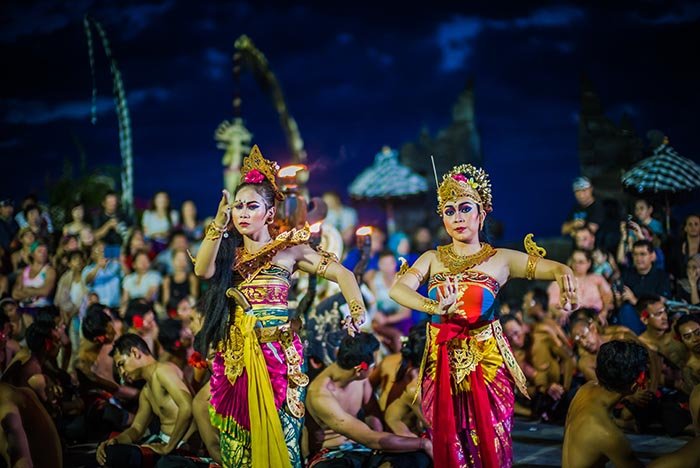TTG Asia are reporting that Balinese-based lifestyle brand Potato Head is expanding its reach as it gears up to open a nightclub it believes will make the Indonesian island even more attractive to foreigners.
Manish Puri, chief operating officer of the Potato Head Family, said the lifestyle brand is complementing its current portfolio at the vast Desa Potato Head in Seminyak with a nightclub that is slated to further cement Bali on international travellers’ maps.
Potato Head’s current operations comprise a five-star hotel, music recording studio, culture library, co-working spaces and six restaurants, including its world-famous beach club, say TTG Asia.
“It’s about creating a new hospitality space and new experiences,” Puri said. “The opening of the nightclub gives us the ability to attract more guests. It’s not only a club about drinking; it’s for people who love the culture of Bali.”
Bringing top international DJs from across the globe, the club will open in July with the UK’s renowned DJ Harvey headlining. By attracting celebrated DJs and music festivals, Puri is hopeful that it will “increase the hype of Bali.”
Last year, Potato Head kickstarted major music events on the island when it hosted Boiler Room Bali. The two-day music extravaganza attracted more than 6,000-people to Potato Head’s beachfront creative village, report TTG Asia.
With that success, Puri updated that Potato Head is planning three more music festivals this year, with the goal of attracting 4,000-people per festival to the island.
“We want to develop Potato Head into a real lifestyle brand in response to people wanting more intimate lifestyle products,” noted Puri. “We’re a homegrown brand with life and soul; we have a sense of place with international standards.”
Puri also said “we take sustainability very seriously,” addind that four pillars sit at the heart of the brand in the form of sustainability, wellness, food and music. In contrast to the global average of waste that hotels send to landfill, which sits at 50-percent, Potato Head has reduced this to three percent with its zero-waste goal.
In line with this, it takes a strict stance on single-use plastics; any found on visitors on arrival will be confiscated and replaced with reusable bottles, which is returned upon departure.
Source: TTG Asia

